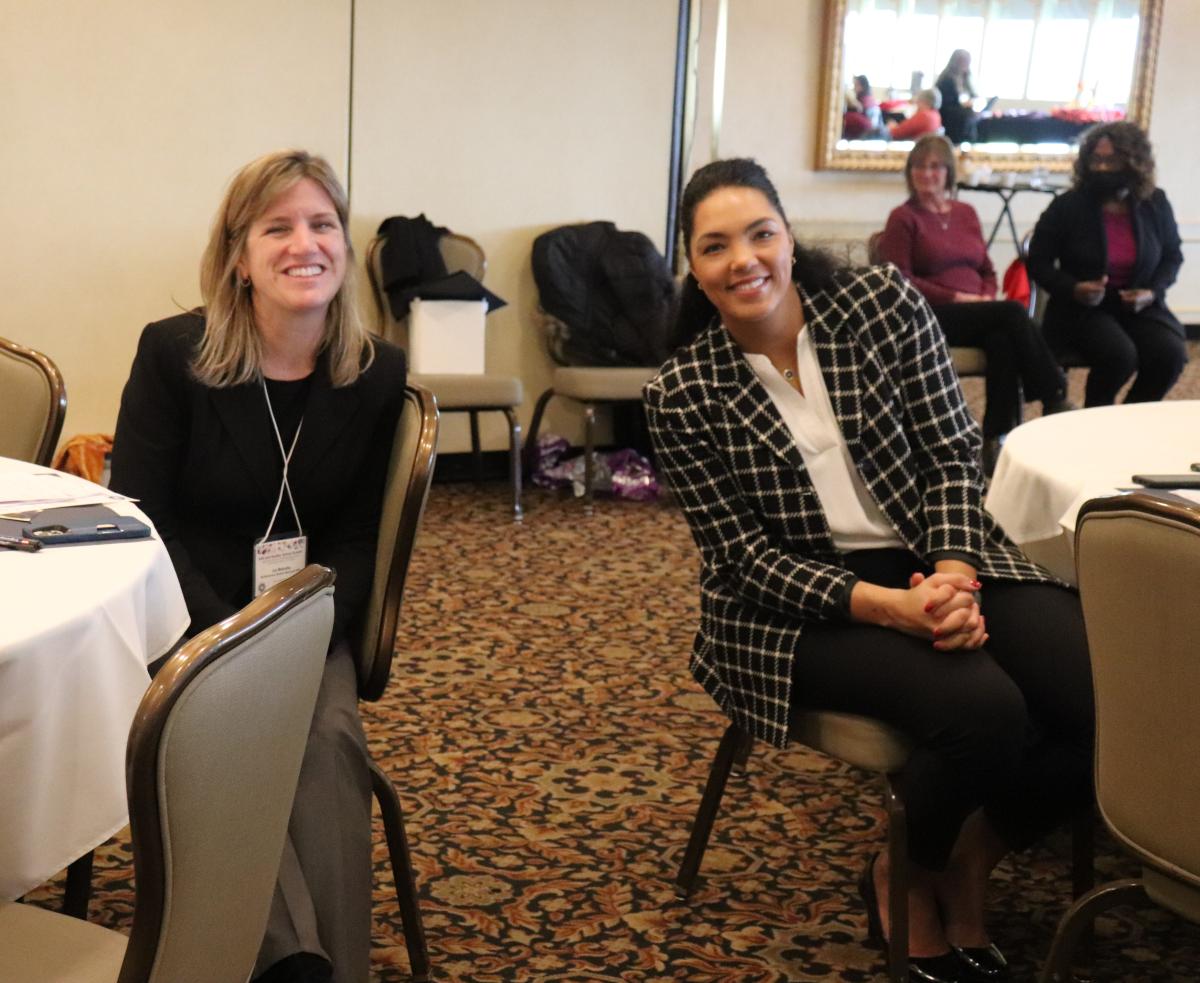Juvenile Justice
For more information, please see the Juvenile Justice Brochure or visit the Juvenile Resources page for programs and information links and contact information. We also have brochures on Sexting and on Healthy Relationships, titled Dating Relationships A Guide for Teens - How Healthy is Your Relationship?
The following are some programs and resources which support and inform the work of the Juvenile Justice Unit:
Juvenile Diversion Program (NWDA-JDP)
When appropriate, the Northwestern District Attorney’s Juvenile Diversion Program offers an opportunity to divert eligible juvenile offenders from the court system. This voluntary program can be an effective strategy for many youth to help to improve life outcomes while preserving and protecting public safety. Participating youth and their parent(s)/guardian(s) work with the Juvenile Diversion Specialist to develop a Diversion Plan. Restorative principles and practices are a part of all diversion plans. Plans may include letters of apology, educational materials and programs, restitution, community service, cooperation with counseling/treatment services and other structures and supports which provide opportunities to connect youth with reliable adult support and improved healthy prosocial activities and relationships, which may also help to develop leadership and skill building opportunities for youth. Youth who successfully complete the Juvenile Diversion Program will not begin a CORI (Criminal Offender Record) as a result of the offense. Their cases will be dismissed prior to arraignment. Cases not appropriate for diversion are prosecuted through the Juvenile Court.
Restorative Justice
A restorative approach is also pursued in delinquency matters. Restorative justice offers an opportunity to hold individuals accountable for their actions in a manner that helps youth understand their impact and seeks to make things as right as possible for those they have impacted, (e.g. the direct victim of their act, the offender, their families, and their communities) and to help offenders build skills and gain understanding to help reduce the likelihood of reoffending in the future. Youth and parent(s)/guardian(s) in the NWDA-JDP participate in restorative conferences and delinquency court dispositions seek to be restorative. Delinquency and diversion matters may also be referred to community-based Restorative Justice Programs.
Community-Based Juvenile Justice Program Violence Intervention and Prevention Measures
The Community-Based Juvenile Justice Program (CBJ Program) is a statutorily mandated (G. L. c. 12, §32) school-based initiative designed to establish and coordinate a partnership between schools, police and state agencies to address school violence and violence prevention. The CBJ Program partners regular communicate and also meet throughout the school year. CBJ Meetings help individuals from law enforcement, justice, education, and social services to identify and develop school and community-based programs that foster positive youth development, prevent juvenile violence and delinquency, and develop techniques for the early identification and intervention with at-risk youth. For more information, please see the NWDA's Community-Based Justice brochure.
Community Outreach & Education

Juvenile Justice Unit Chief Elizabeth Mulcahy and Juvenile Diversion Specialist Naomi Bledsoe at the 2022 Safe and Healthy School Summit, with, in the background, Child Abuse Unit Administrator Heather Hubbard and Victim Witness Advocate Janice Francis.
Assistant District Attorneys assigned to the JJU have assisted the office's Director of Community Outreach and Education and have presented to parents, students, school staff, faculty, administrators and School Resource Officers at professional development programs, parent information nights, student assemblies and classes. With input from school and community partners, the JJU plans and co-sponsors Annual Safe School Summits, Youth Leadership and Prevention Programs and other trainings. The JJU staff regularly attend training on topics including Adolescent Brain Development, the Neurobiology of Addiction, Healthy Relationships, Youth Mental Health First Aid, Motivational Interviewing, Life Skills, Domestic Violence, Sexual Assault, Arson, and Cases with Digital Evidence, School Safety, Threat Assessment, Signs of Suicide, Community Supports and Resources.
Northwestern Fire Intervention, Response, Education and Safety (NoFIRES)
NoFIRES' core mission is to protect our youth, their families and the communities in which they live from the dangerous and sometimes fatal act of setting fires. A collaboration of law enforcement and social service agencies, NoFIRES is committed to providing a consistent, coordinated and appropriate response to youths who set fires or engage in fire-related behavior. Components of this approach include intervention and education. For more information, please see the NoFires page.
Safe Schools Response Team
The Massachusetts bullying law offers a definition of bullying, but as victims, educators and parents have learned, there is no specific criminal charge of bullying. Bullying behavior may fit specific criminal charges, such as threat to commit a crime, criminal harassment, or a civil rights violation. Therefore, the NWDA developed a team of prosecutors to review certain complaints of bullying and other matters to determine if the behavior rises to the level of a criminal charge. The team is not a substitute for school investigations and response. Schools must follow their own state-mandated policies as to bullying complaints and investigations. However, the NWDA team may provide information and support for schools, parents and victims. Members of the Safe School Response Team include Deputy District Attorney Jennifer Suhl, Juvenile Justice Unit Chief Elizabeth Mulcahy, Assistant District Attorneys Bruce Patryn and Mary Beth Ogulewicz, Diversion Specialist Naomi Bledsoe, and Executive Assistant Susan Snyder.

